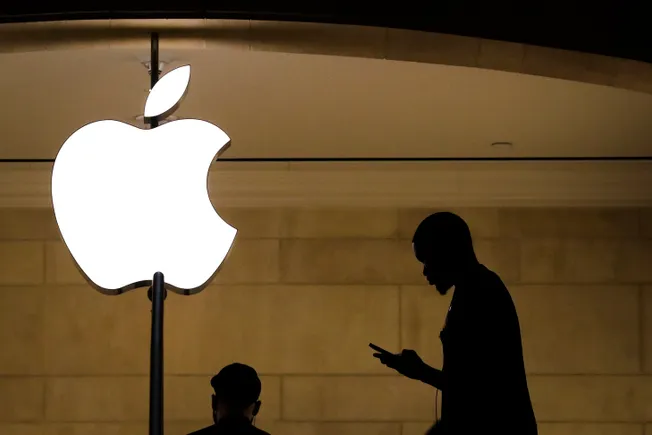Dive Brief:
- When an employer-sponsored benefit is not related to employee pay or services, it cannot be factored into wage garnishment, the U.S. Department of Labor stated in an opinion letter published Dec. 18.
- Administrator Jessica Looman was responding to an inquiry regarding tuition reimbursement and wage garnishment for debts, such as child support.
- The Wage and Hour Division referred to the Consumer Credit Protection Act to answer this question.
Dive Insight:
The query originally asked whether a payment of up to $5,250 in educational benefits constituted earnings under the CCPA. Looman said that “wages, salaries, commissions, and bonuses” — which are directly correlated to an employee’s services — count as earnings.
Therefore, “if such educational benefits do not constitute earnings for purposes of the CCPA’s limitations on wage garnishment, an employee subject to a garnishment order and to whom those limitations apply will have lower overall earnings under the CCPA and may have a smaller amount garnished from their pay,” Looman wrote.
The letter reiterated that employer-provided tax-free educational assistance programs are not earnings under the act and are “not included when applying the CCPA’s garnishment limitations.”
The WHD has noted that Title III of the CCPA prevents employers from “discharging an employee whose earnings have been subject to garnishment for any one debt, regardless of the number of levies made or proceedings brought to collect it.”
Prior to this, the WHD published an opinion letter in 2019 regarding whether employer contributions to health savings accounts are earnings under the CCPA. Similar to tuition reimbursement, in the eyes of the DOL, these employer-provided benefits also may not be treated as earnings.






Leave a Reply